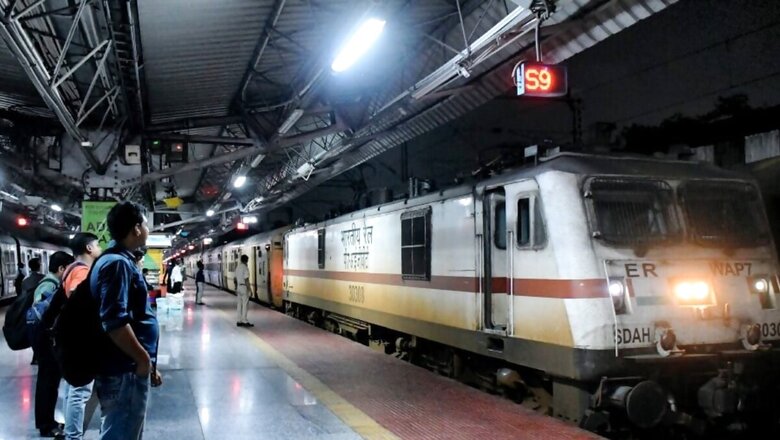
views
While it’s common knowledge that Travelling Ticket Examiners (TTs) can remove passengers without tickets from trains, a lesser-known rule permits them to deboard even ticketed passengers. This surprising regulation, outlined in the Indian Railway Manual, prioritises passenger safety and well-being. According to the Director of Information and Publicity at the Railway Ministry, this rule is designed to ensure the comfort and safety of passengers throughout their journey. It applies if a TT observes that a passenger’s health is at risk, either before or during the journey. Regardless of the class of travel, including First AC, if the TT suspects that a passenger’s health could deteriorate during the trip and the passenger insists on travelling despite advice against it, the TT has the authority to ask the passenger to deboard.
The rationale behind this rule is straightforward: it aims to prevent potential health emergencies onboard trains where immediate medical assistance might be limited. By enforcing this regulation, Railways seeks to safeguard passengers’ lives and reduce risks associated with traveling when one’s health is compromised.
Furthermore, the rule mandates that a passenger, when asked to deboard due to health concerns, must present a medical certificate confirming fitness to travel. Failure to comply with this requirement can result in the passenger being barred from boarding or continued travel.
This proactive measure underscores Railways’ commitment to passenger welfare, ensuring that journeys are as safe and comfortable as possible. Any neglect of these rules by railway staff can lead to disciplinary actions, underscoring the seriousness with which the safety of passengers is regarded by the railway authorities.
In light of these guidelines, passengers are encouraged to prioritise their health and well-being when planning train journeys, thereby contributing to a safer travel experience for all.



















Comments
0 comment